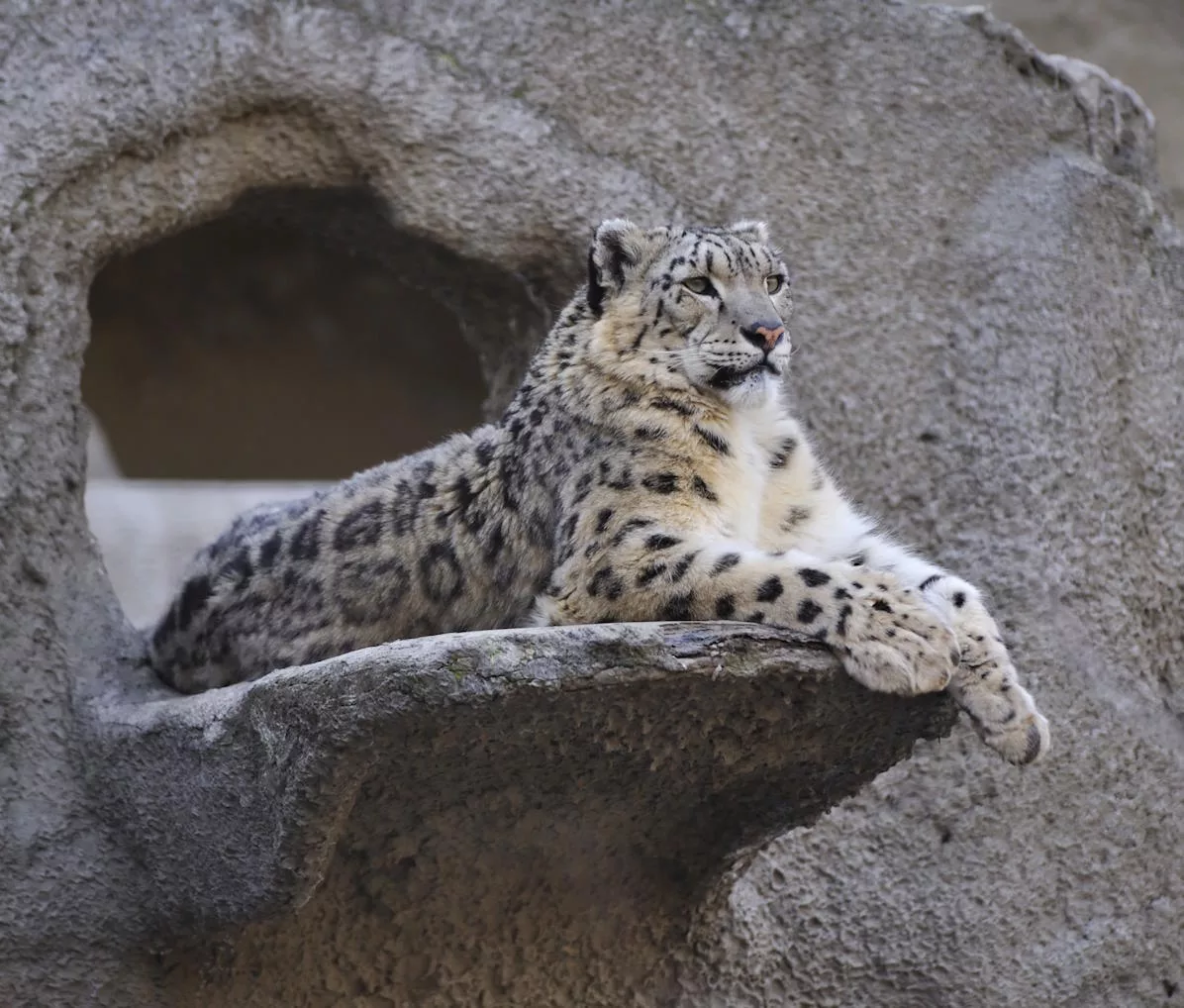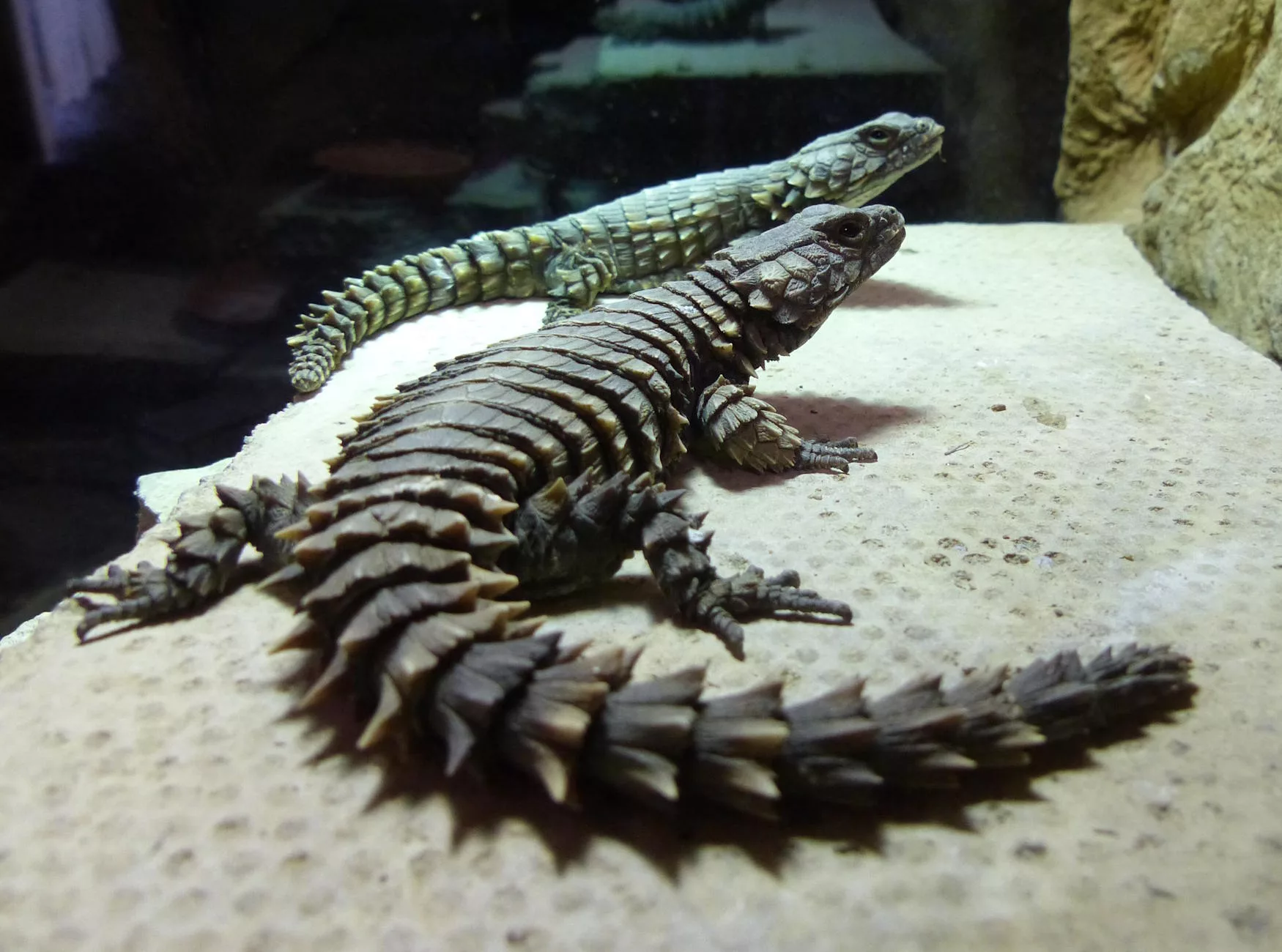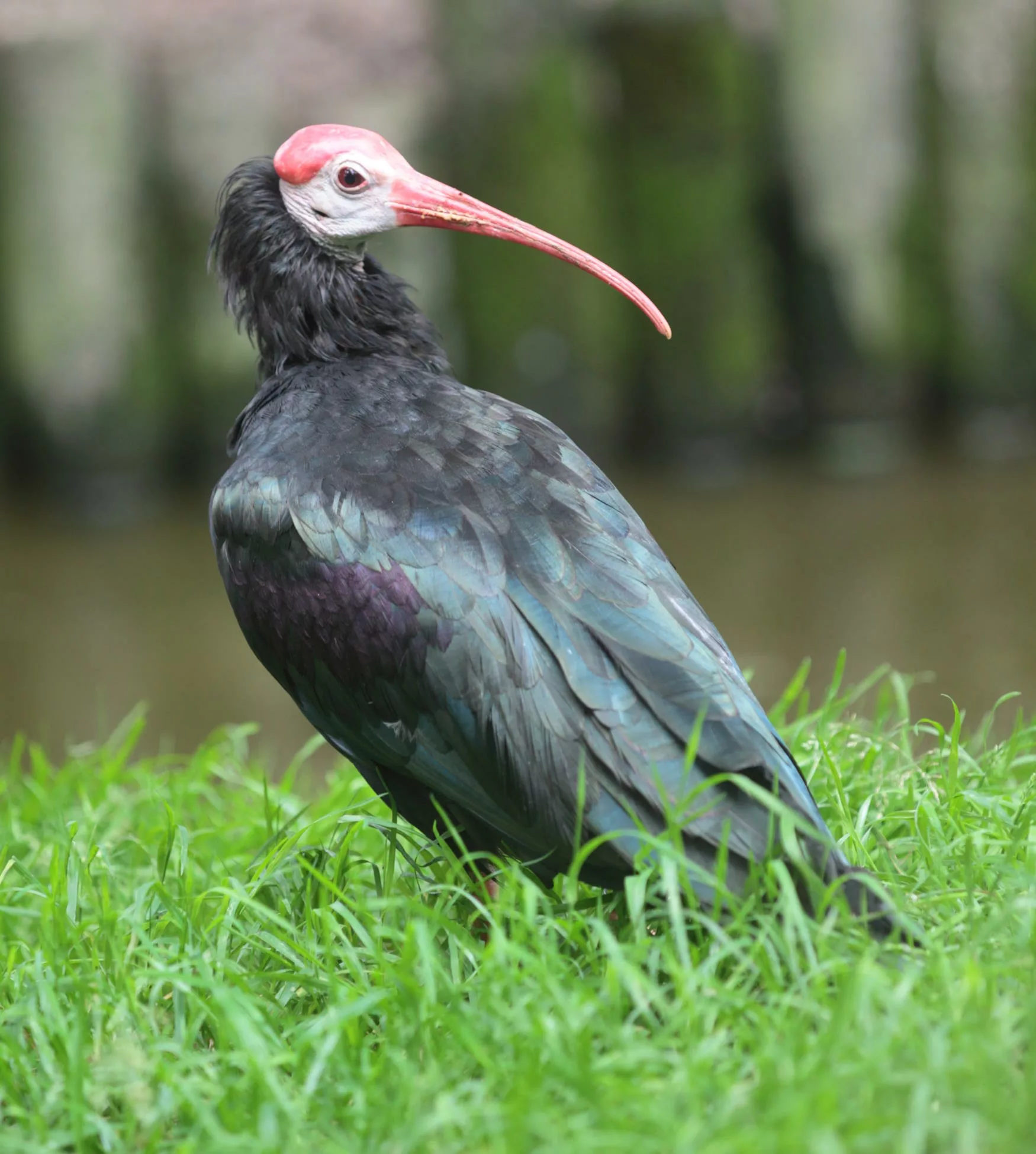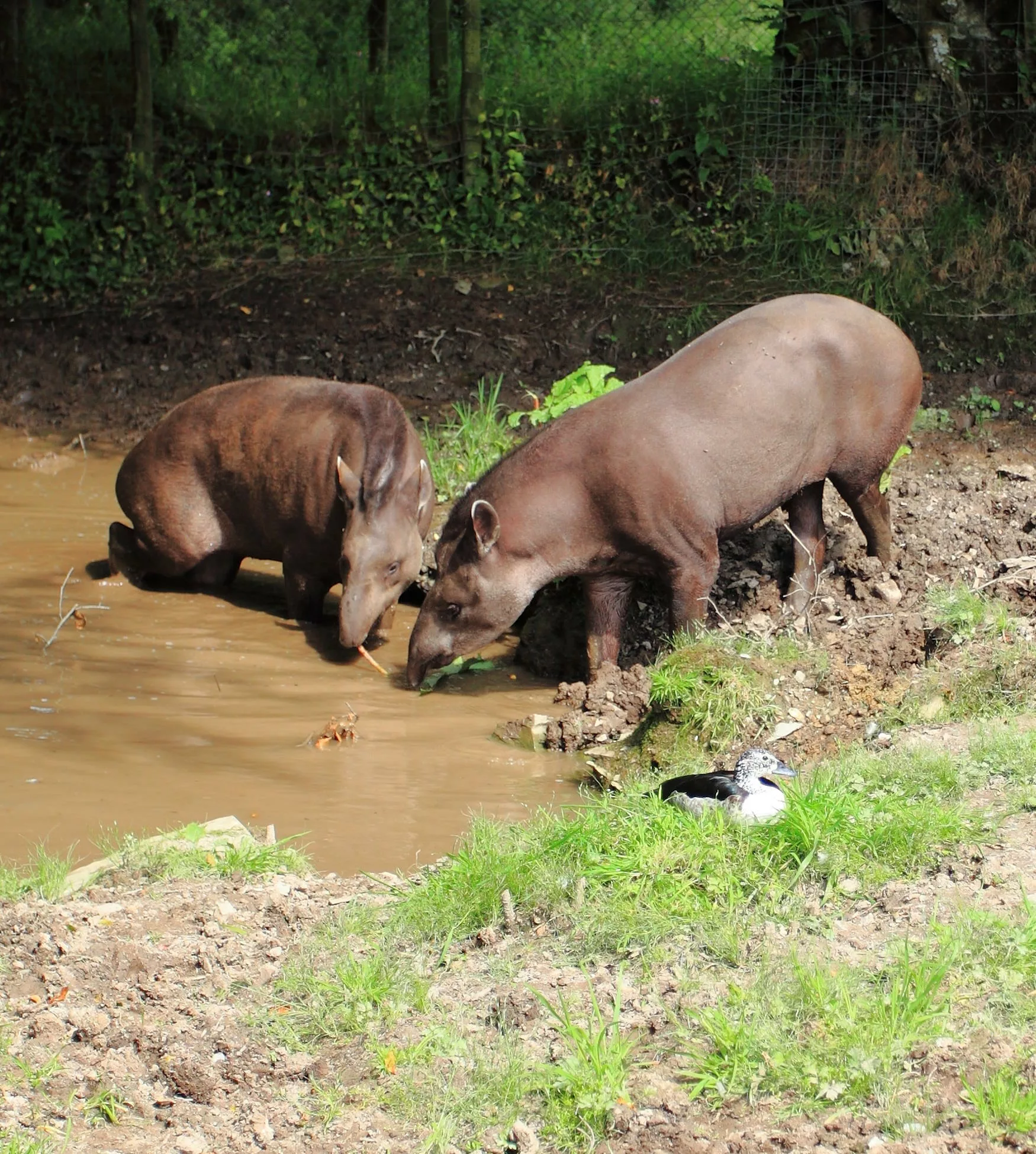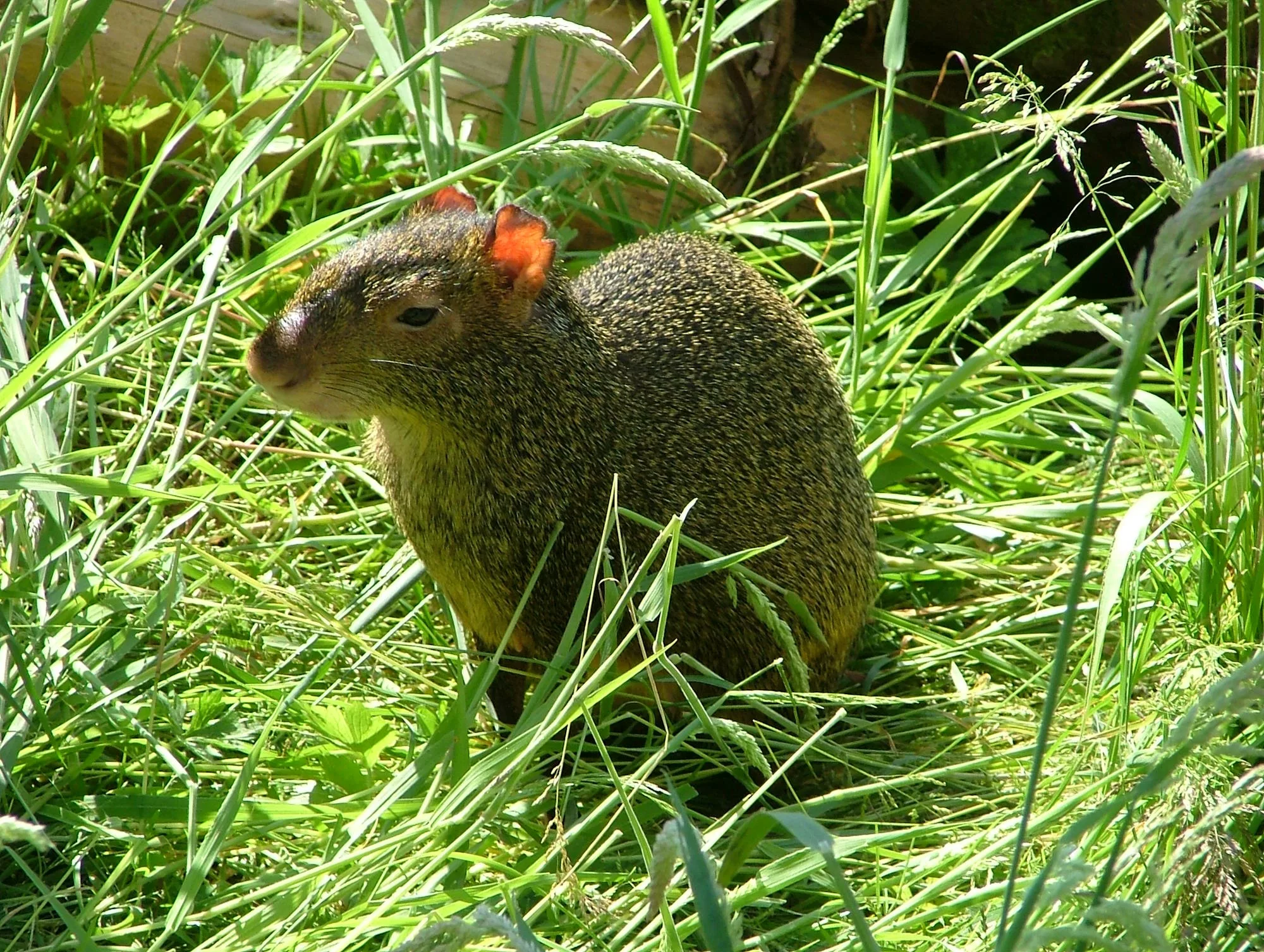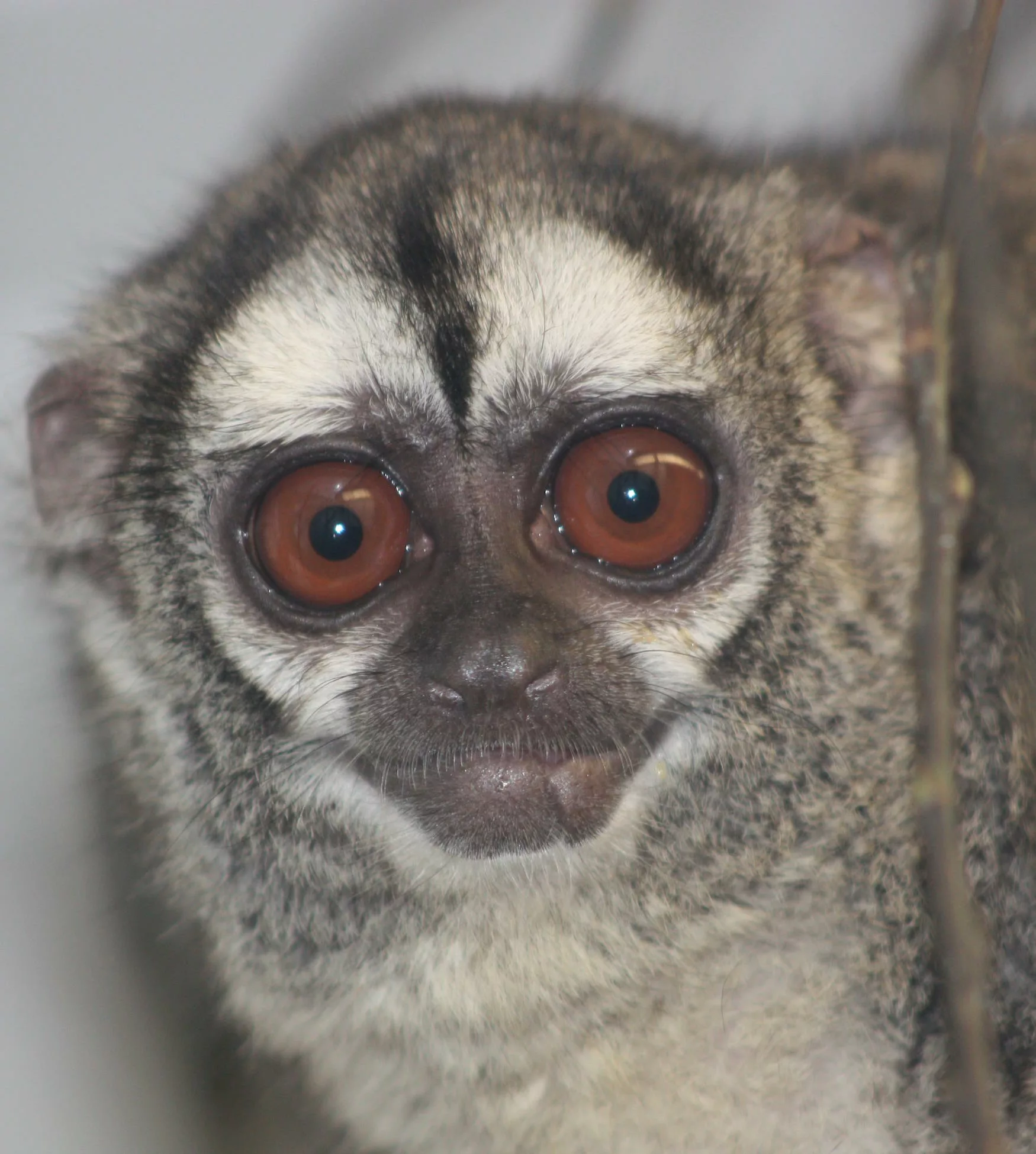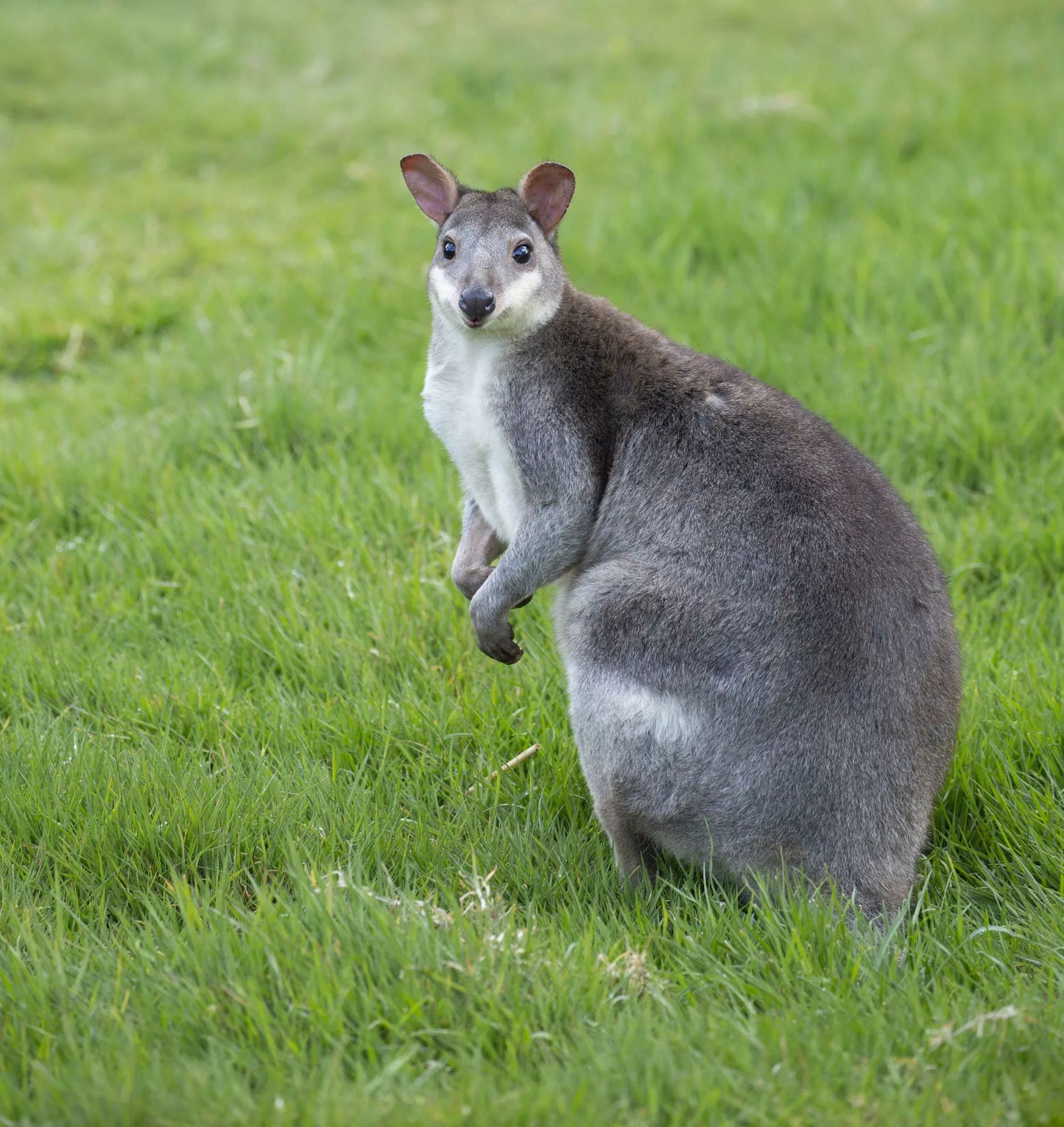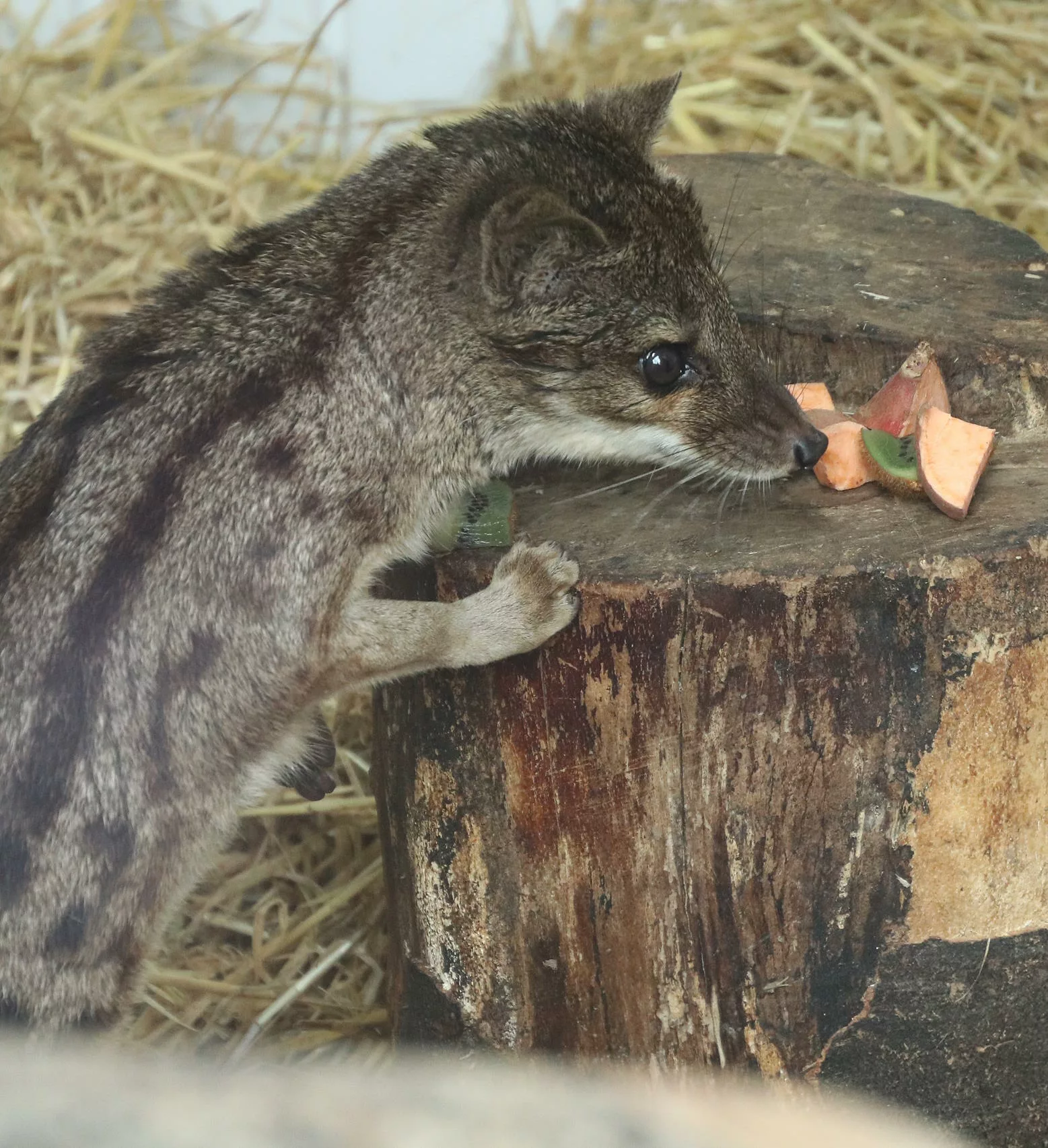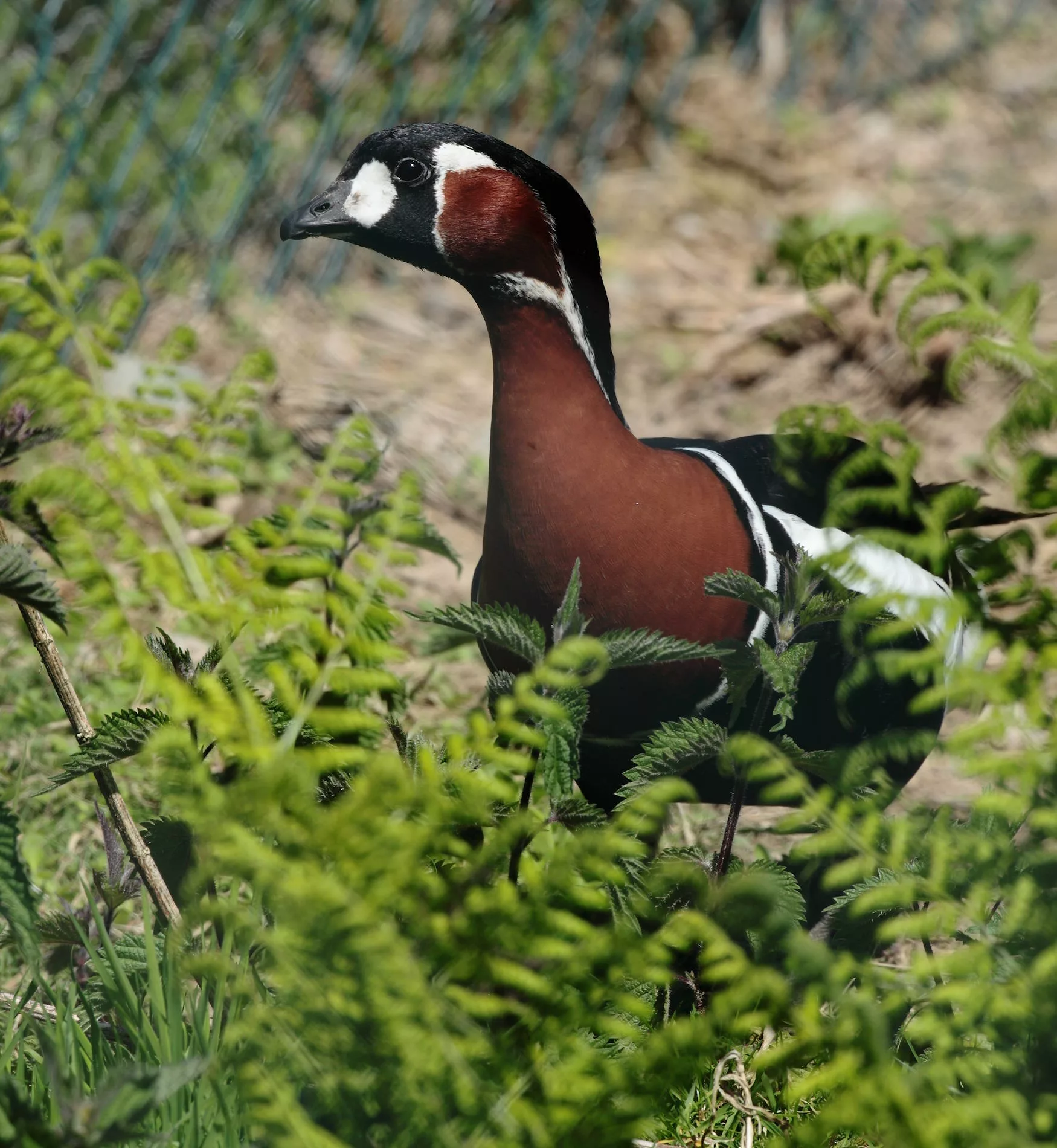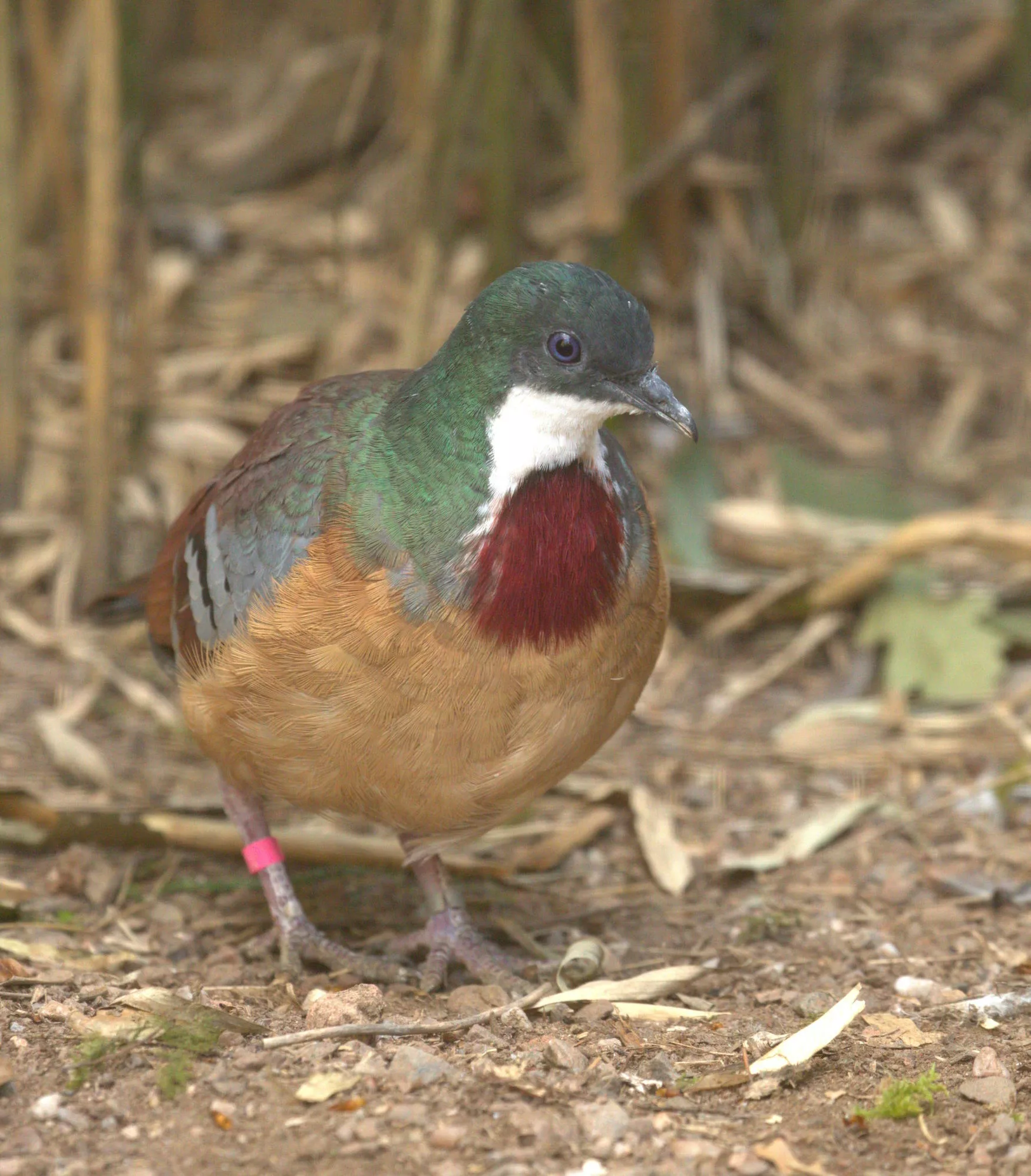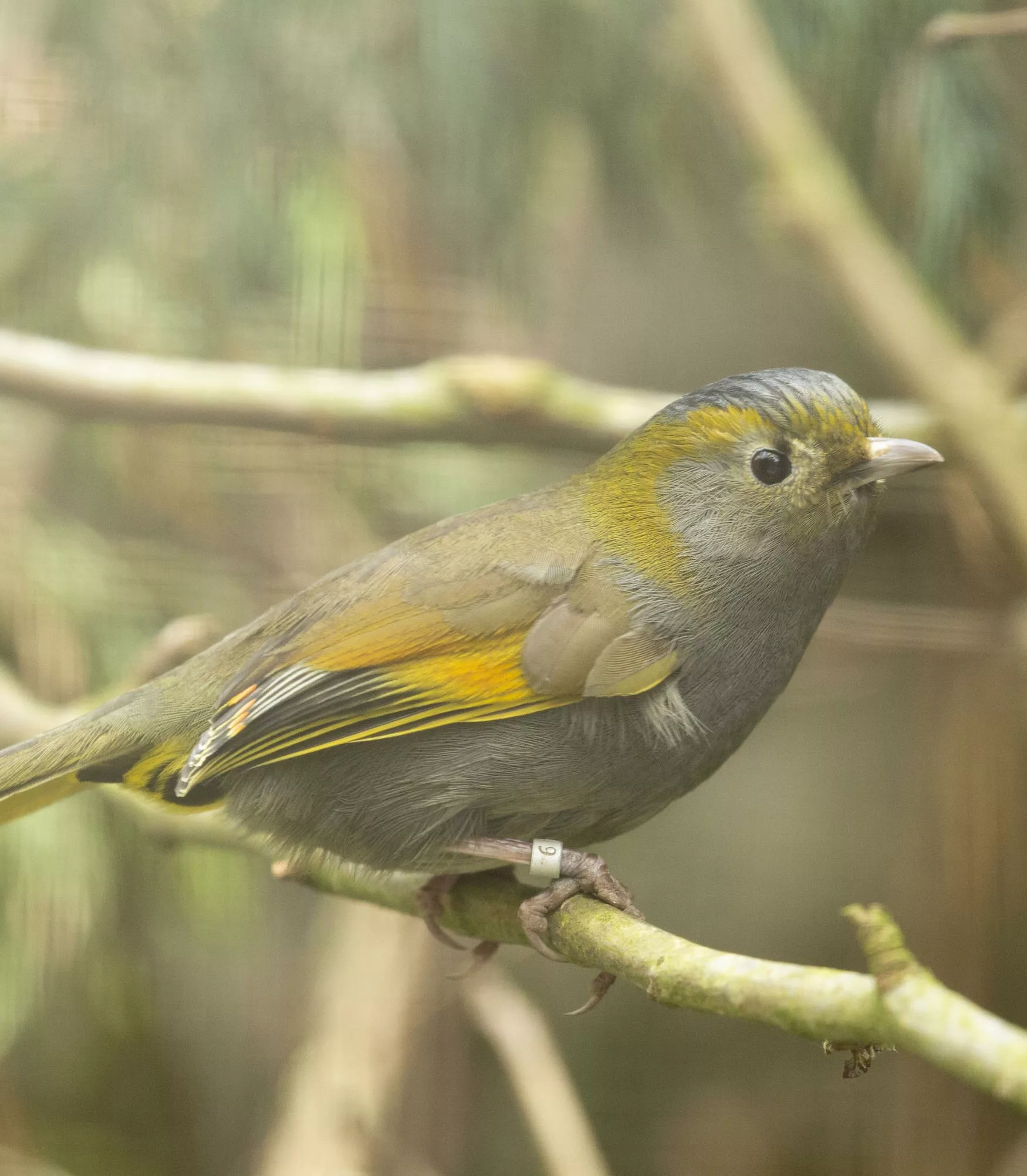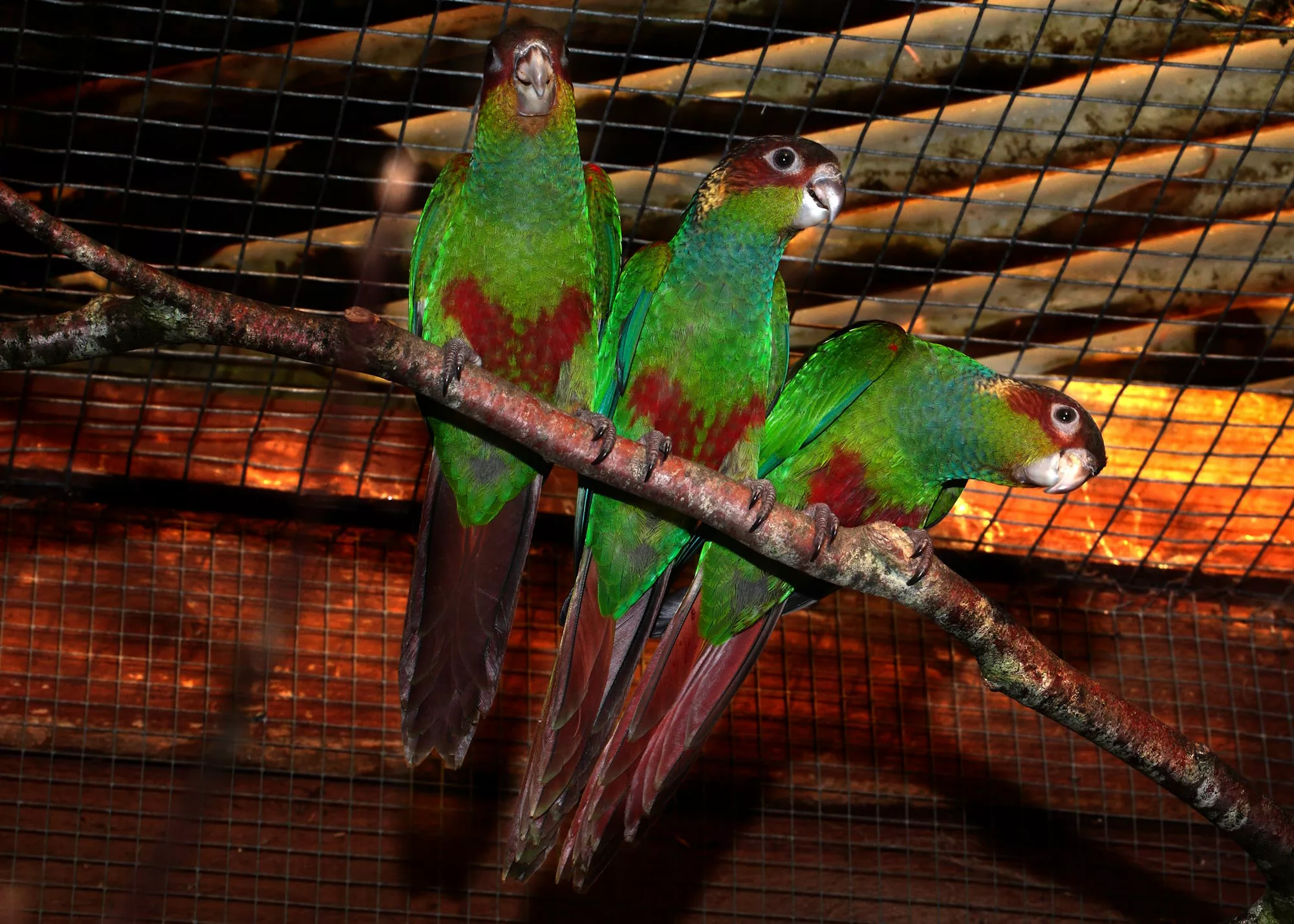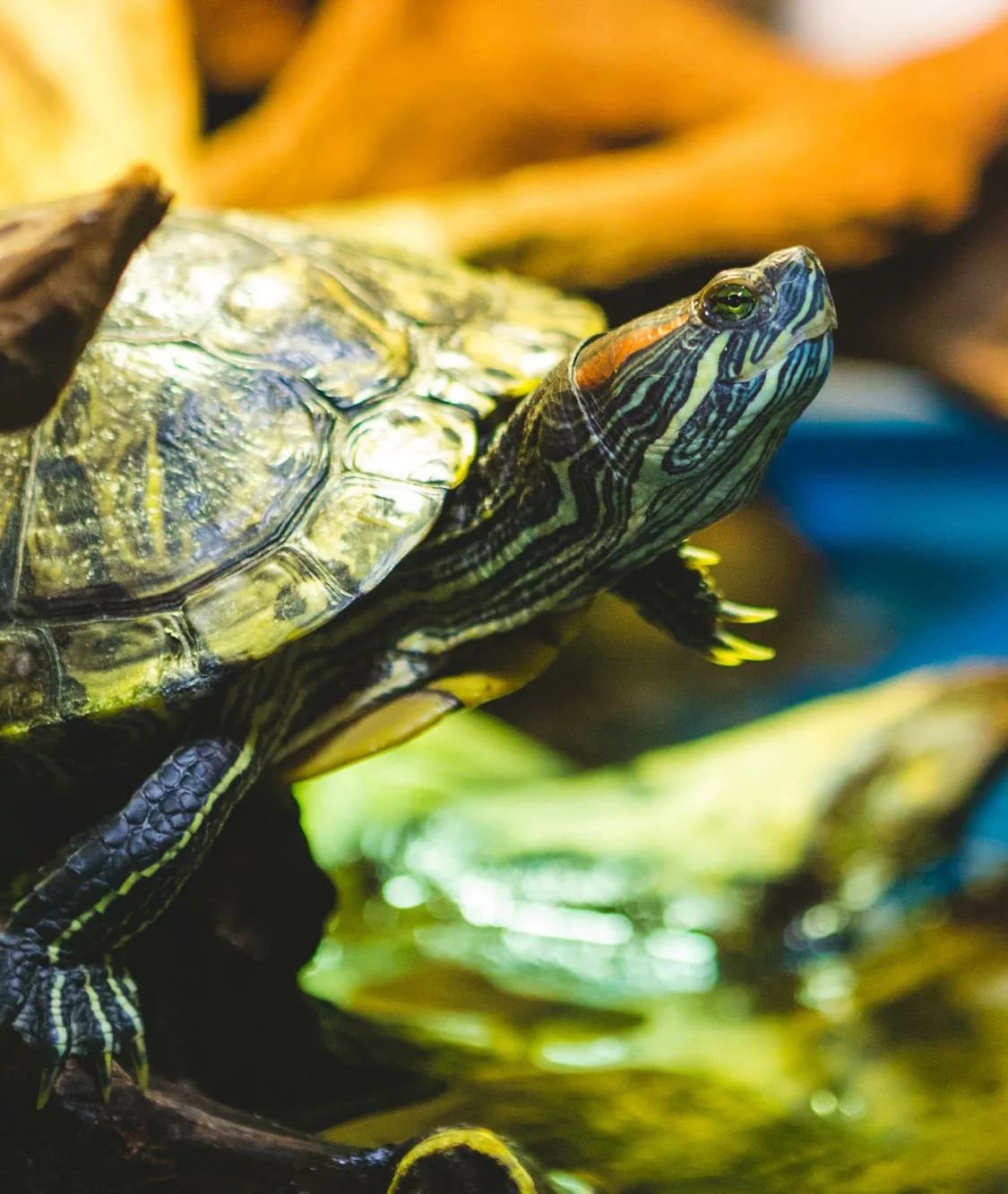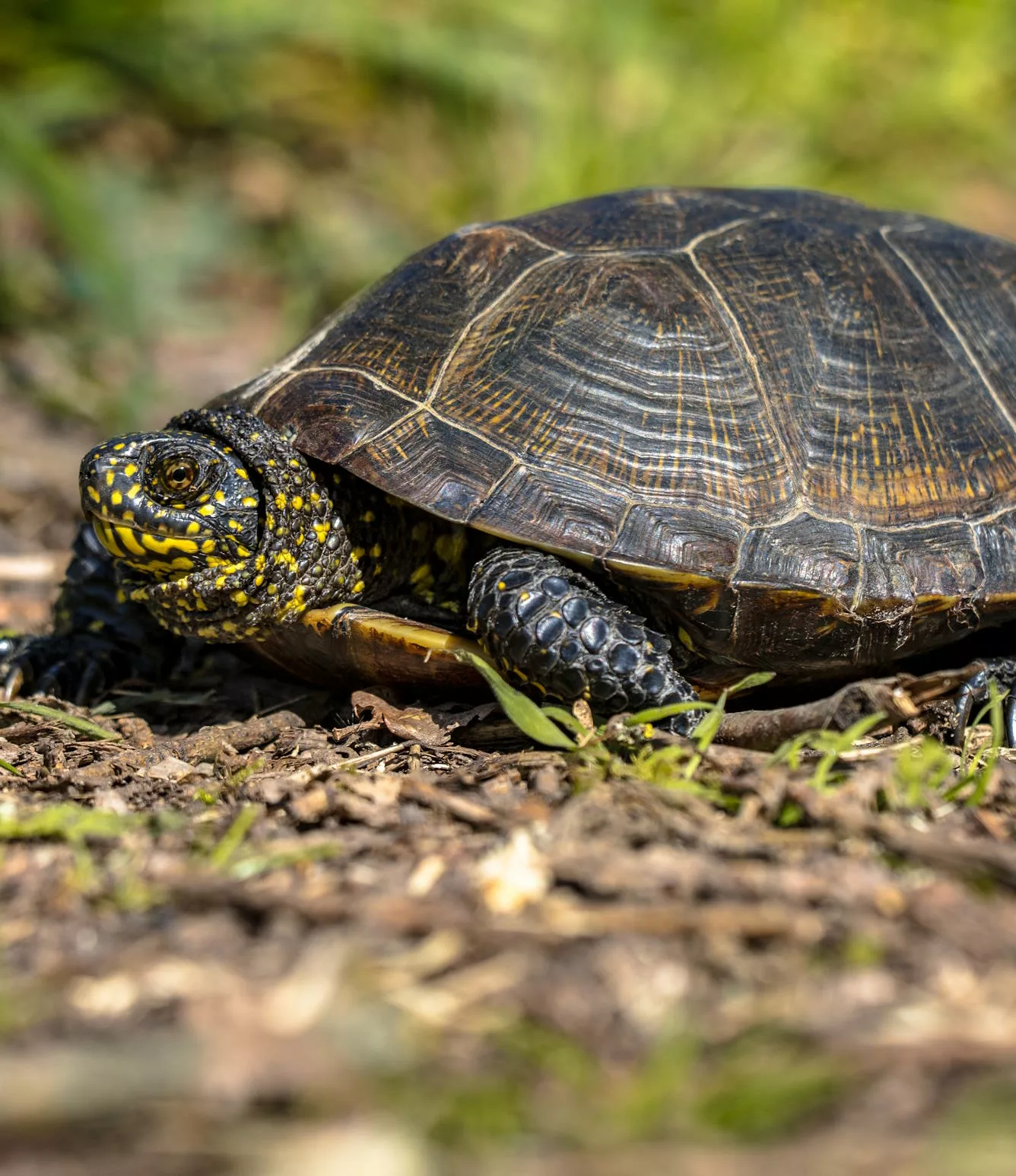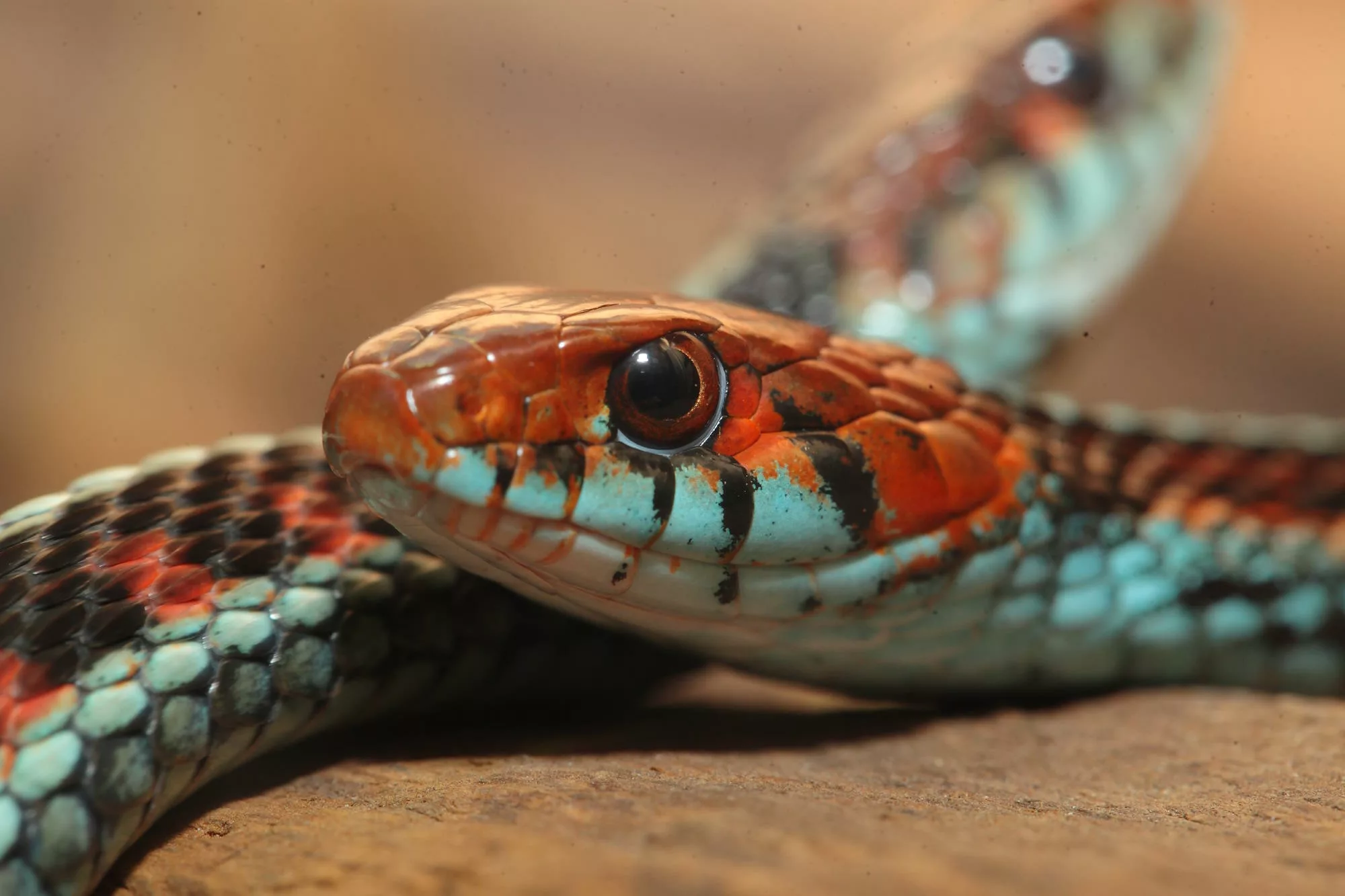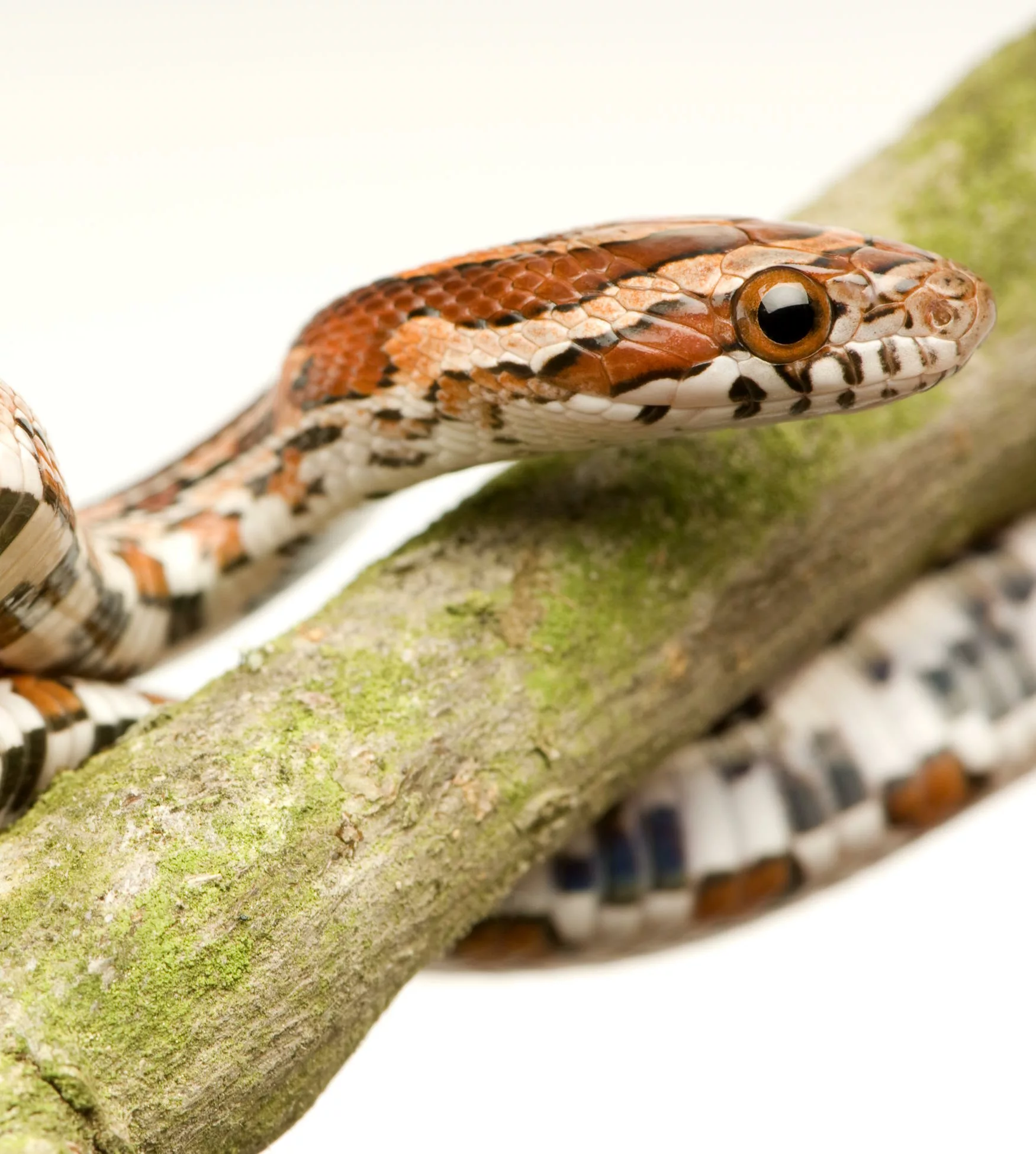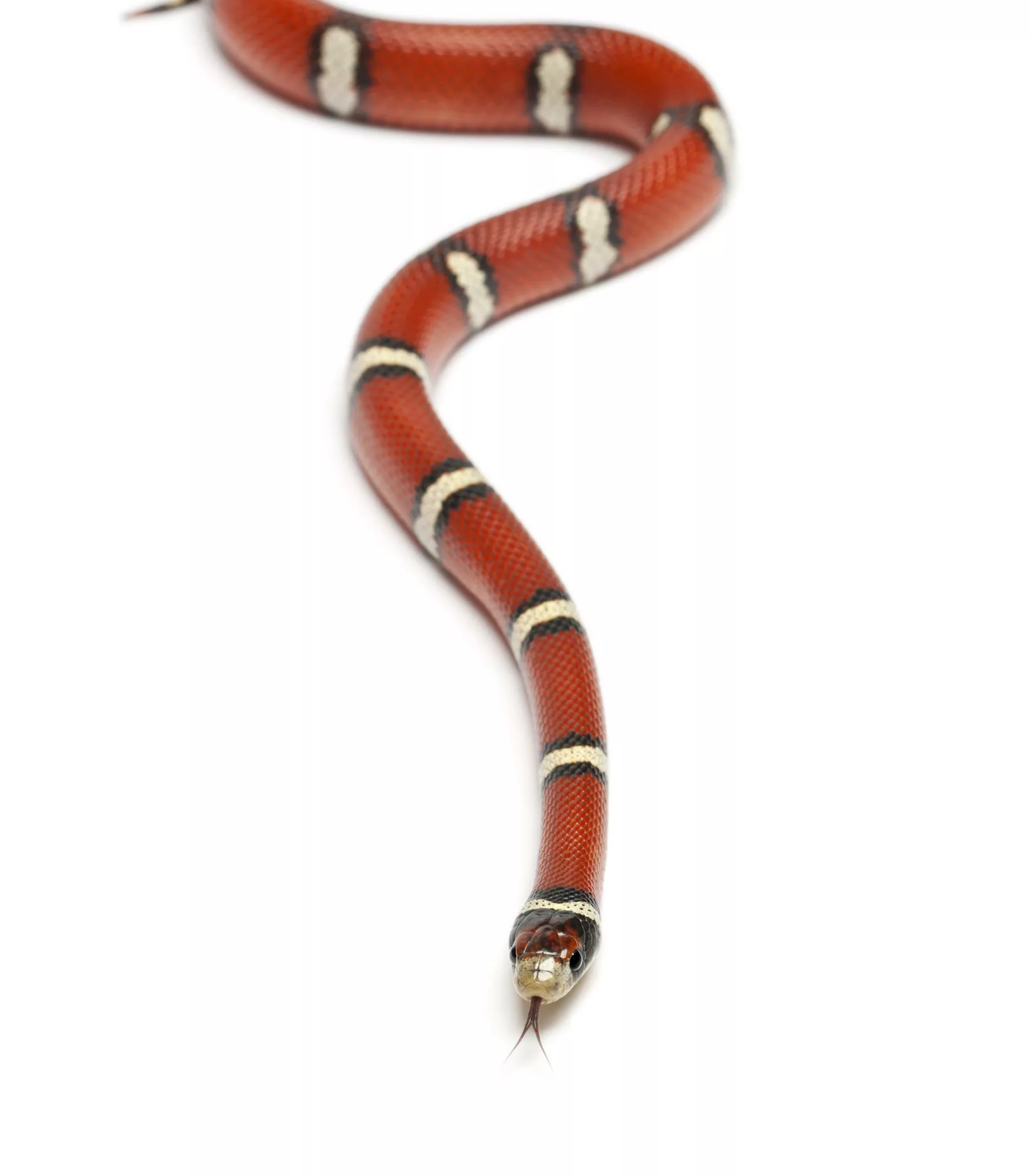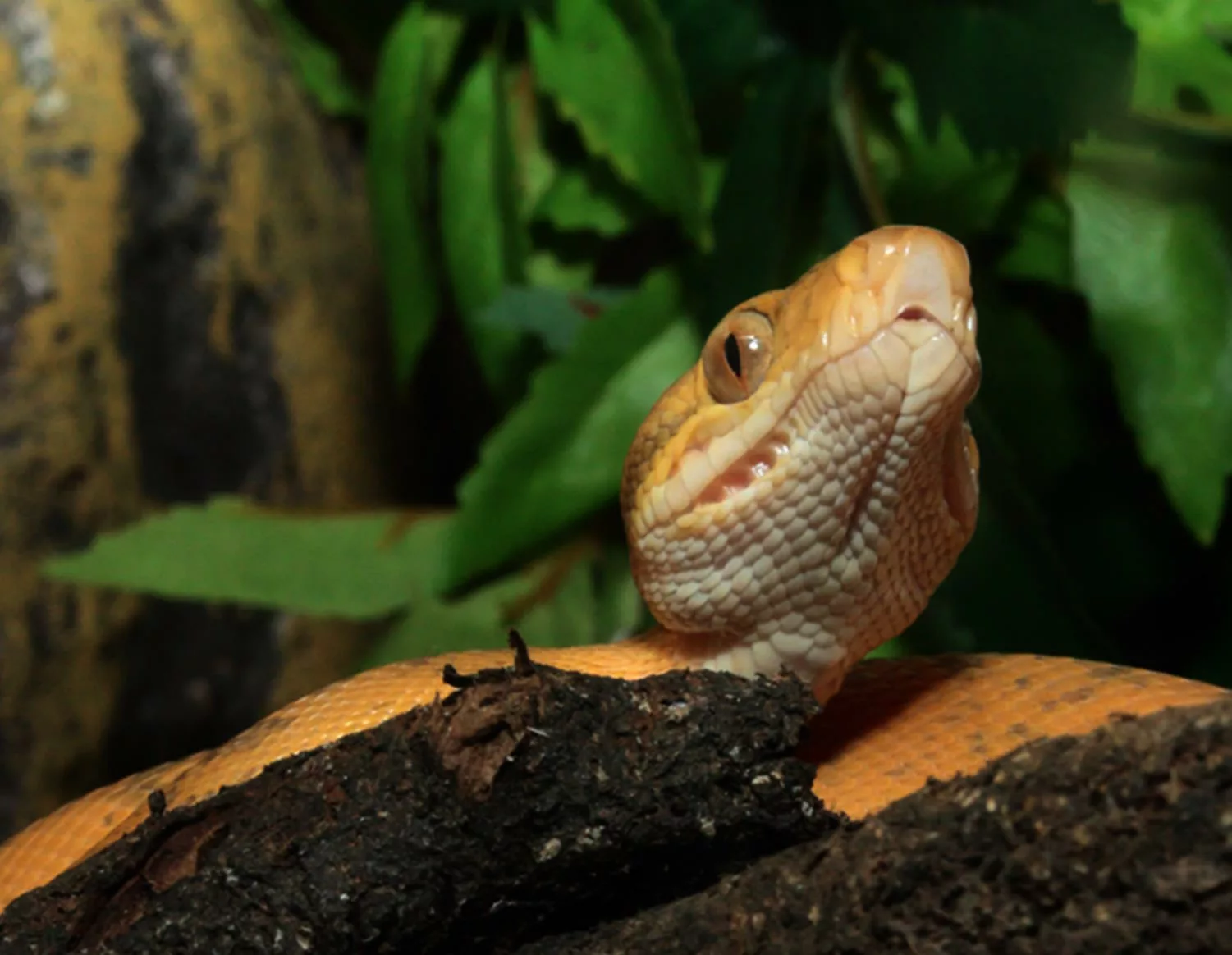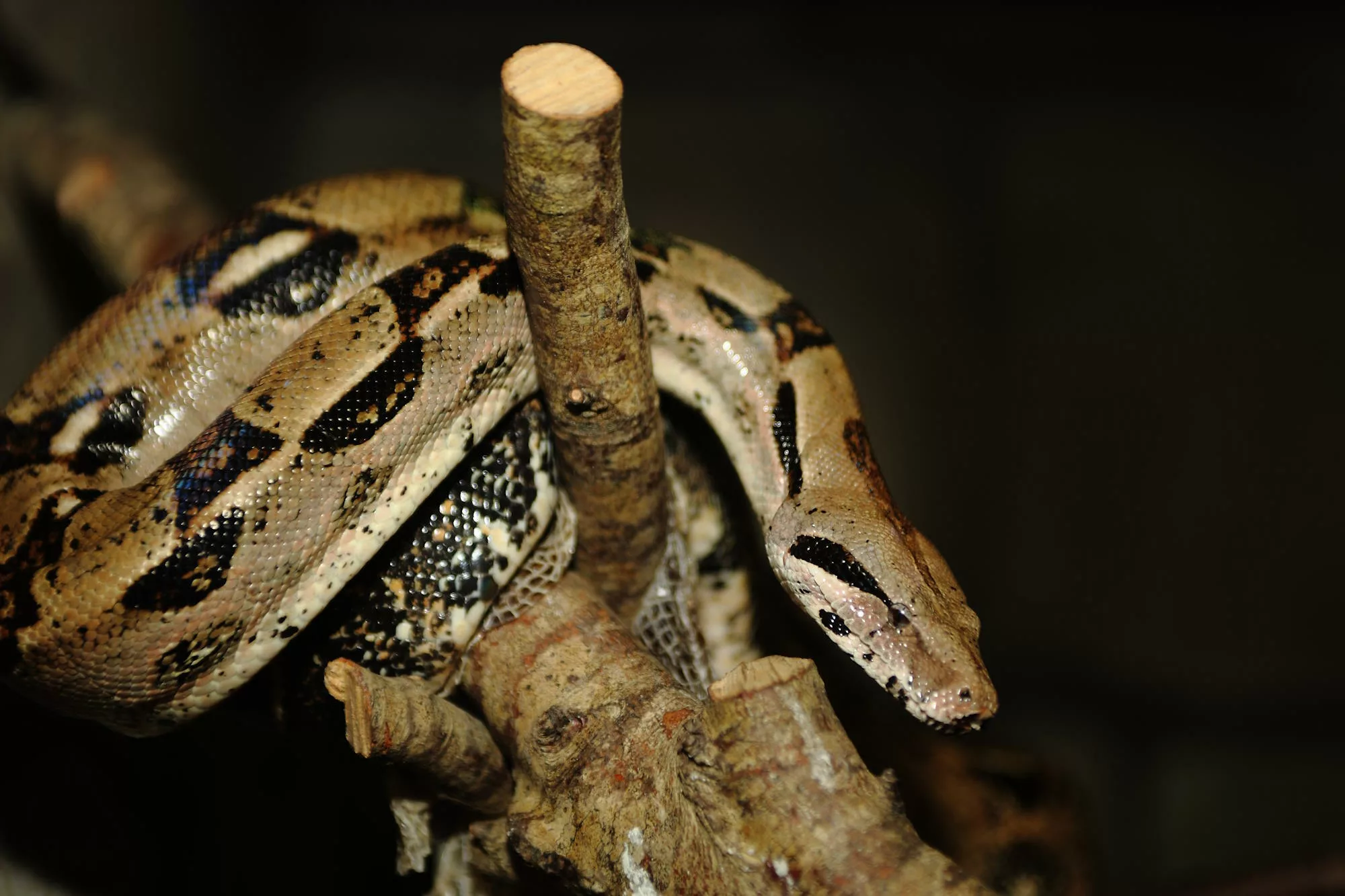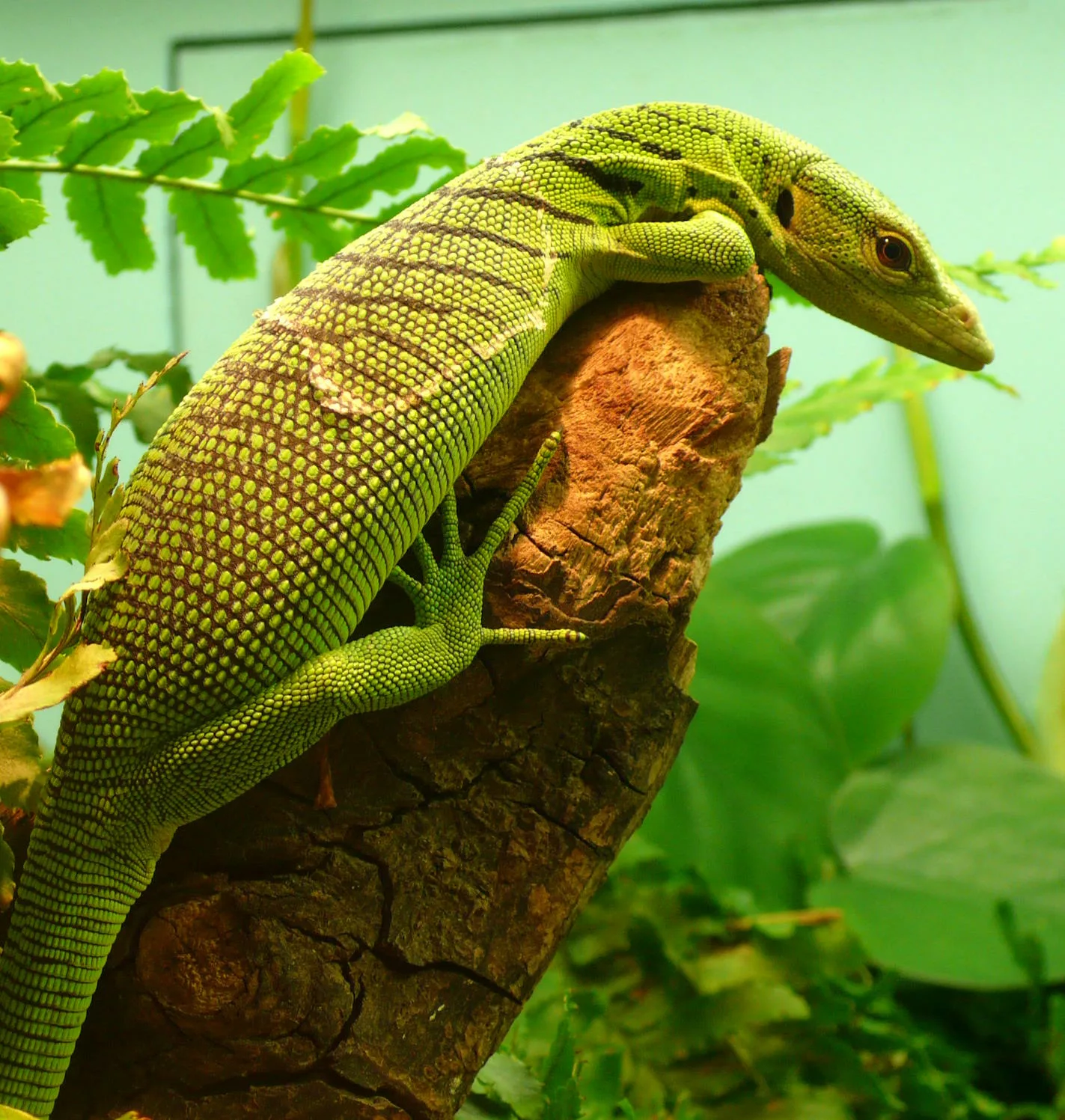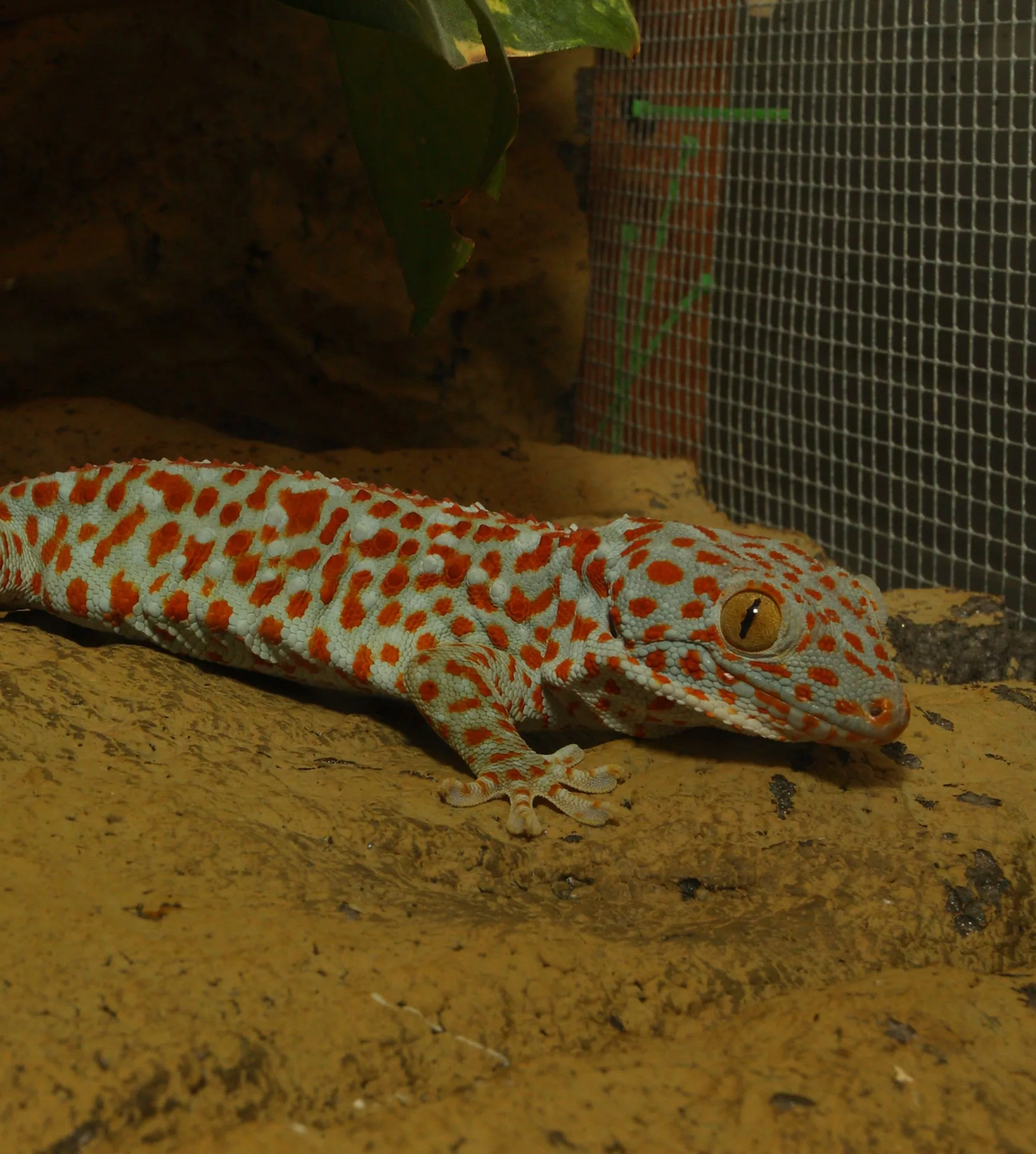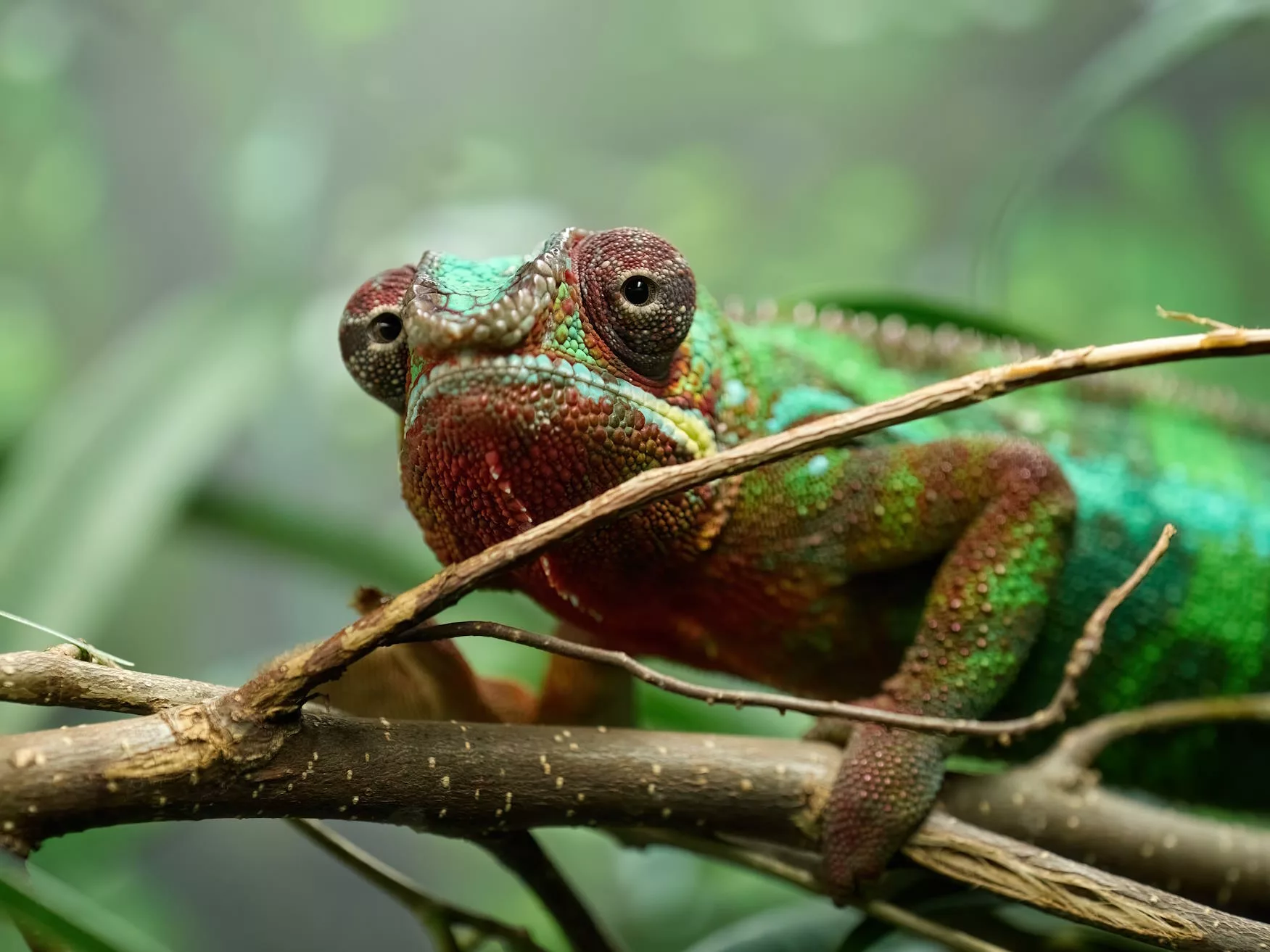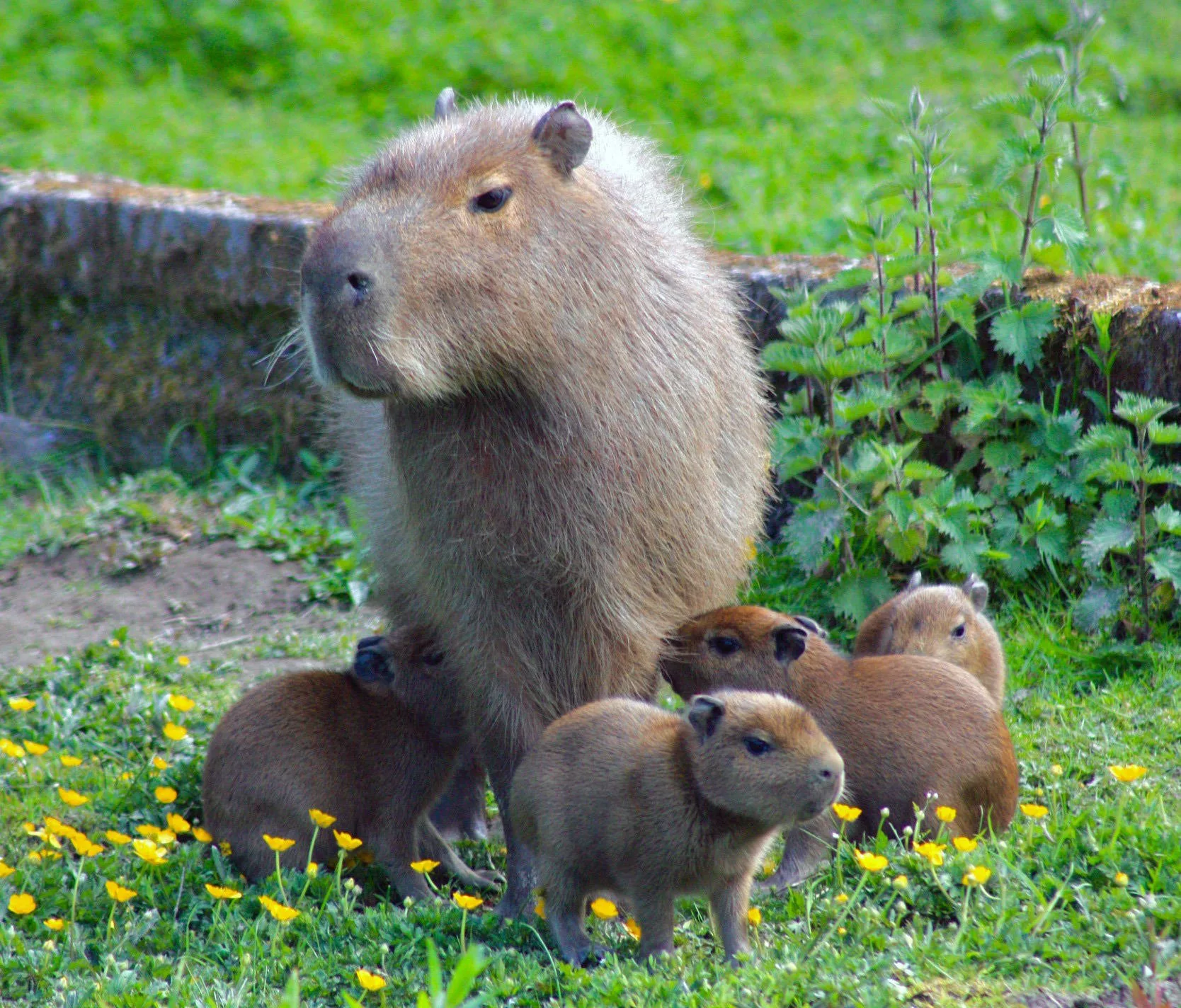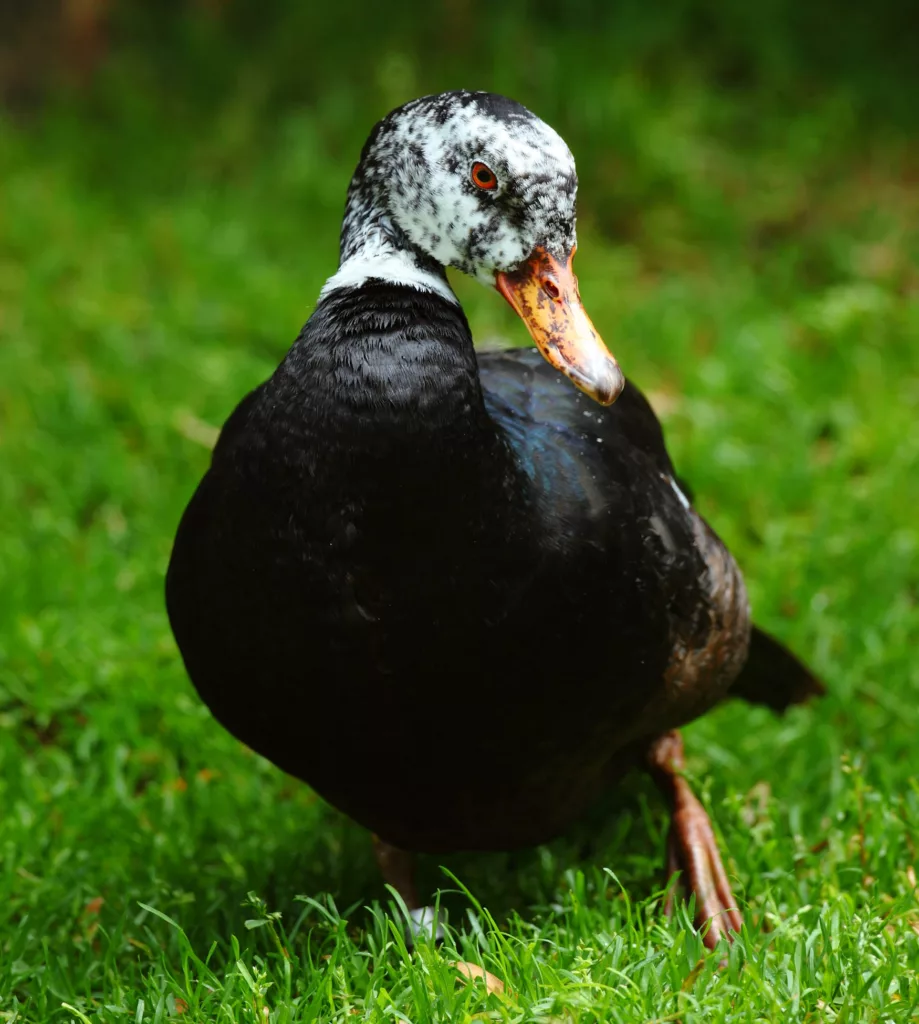
White-winged duck
Scientific name: Asarcornis scutulata
IUCN listed as: Endangered
Learn before you visit!
Here are some facts about the species – Discover what they eat, find out about their natural habitat, see what they like to do, and more… Set the reading style to suit you too, everyday speak or something aimed towards children.
Child-friendly
Everyday
Diet
The White-winged Duck primarily feeds on aquatic plants, seeds, insects, and small fish. Their diet is quite diverse, allowing them to adapt to various wetland environments. They forage mostly at dawn and dusk, using their bills to sift through water and mud to find food. In captivity, their diet is supplemented with grains, vegetables, and protein sources to ensure they receive all necessary nutrients. This diet helps them maintain their health and energy, crucial for their survival in the wild.
White-winged Ducks eat plants, seeds, bugs, and small fish. They search for food at dawn and dusk. In zoos, they get grains, veggies, and bugs to stay healthy. This helps them stay strong and active.
Breeding
Breeding usually occurs in the wet season when food is plentiful. White-winged Ducks nest in tree cavities near water, where the female lays 6-12 eggs. The eggs are incubated for about 30-32 days, and both parents are involved in caring for the young. The ducklings are precocial, meaning they can swim and feed themselves shortly after hatching. This breeding strategy helps increase the chances of survival for the offspring in their natural habitat.
These ducks lay 6-12 eggs in tree holes near water. Both parents take care of the eggs and ducklings. The eggs hatch in about a month. Baby ducks can swim and find food right after they hatch.
Habitat
White-winged Ducks inhabit dense tropical forests, swamps, and slow-moving rivers in Southeast Asia. They prefer secluded, undisturbed areas with abundant water sources. However, their habitats are increasingly threatened by deforestation, agriculture, and human settlement. Conservation efforts focus on protecting these habitats and creating reserves to provide safe breeding and foraging grounds. Maintaining these environments is critical for the survival of the species.
White-winged Ducks live in forests, swamps, and rivers in Southeast Asia. They need quiet, undisturbed places with lots of water. Their homes are being destroyed by people cutting down trees and farming. Protecting these places is important for their survival.
At the zoo
In zoos, White-winged Ducks are housed in enclosures that replicate their natural habitat, including shallow ponds and dense vegetation. Their diet includes grains, vegetables, and live food like insects to mimic their natural diet. Zoos play a crucial role in conserving these ducks through breeding programs and public education. These efforts help raise awareness about the species and the importance of wetland conservation. Breeding programs also help maintain healthy populations and genetic diversity.
In zoos, White-winged Ducks live in areas like their natural homes. They eat grains, vegetables, and live bugs. Zoos help protect these ducks by breeding them and teaching people about them. This keeps their numbers strong.
Behaviour
White-winged Ducks are mostly nocturnal and shy, often retreating into dense vegetation during the day. They are strong fliers but prefer to stay close to water. These ducks are known for their secretive behaviour, making them difficult to observe in the wild. They use a variety of vocalizations to communicate, especially during the breeding season. Their elusive nature helps them avoid predators but also poses challenges for conservationists trying to monitor their populations.
These ducks are active at night and like to hide during the day. They stay near water and are hard to spot in the wild. They use sounds to talk to each other. Their shy behaviour helps them stay safe from predators.
Fun facts
- Secretive Birds: They are shy and hard to spot in the wild.
- Tree Nesters: They nest in tree cavities near water.
- Nocturnal: They are mostly active at night.
- Diverse Diet: They eat plants, seeds, insects, and small fish.
- Endangered Status: Their population is decreasing due to habitat loss.
- Shy Ducks: They like to hide and are hard to find.
- Tree Homes: They make nests in tree holes near water.
- Night Owls: They come out mostly at night.
- Mixed Menu: They eat lots of different things like plants and bugs.
- Need Help: They are endangered because their homes are being destroyed.
More animals to discover at our zoo
Quick Links
Tickets & Prices
You can buy tickets for Exmoor Zoo securely online, as well as finding out more price options, discover offers, and more…
What’s on…
Exmoor Zoo hosts incredible Events all through the year. You can find out about what we’ve got in store here…
Routes & info
Like any great discovery, Exmoor Zoo can feel a little off the beaten path – but don’t worry – you can plan your journey with our recommended routes and other useful travel info.
